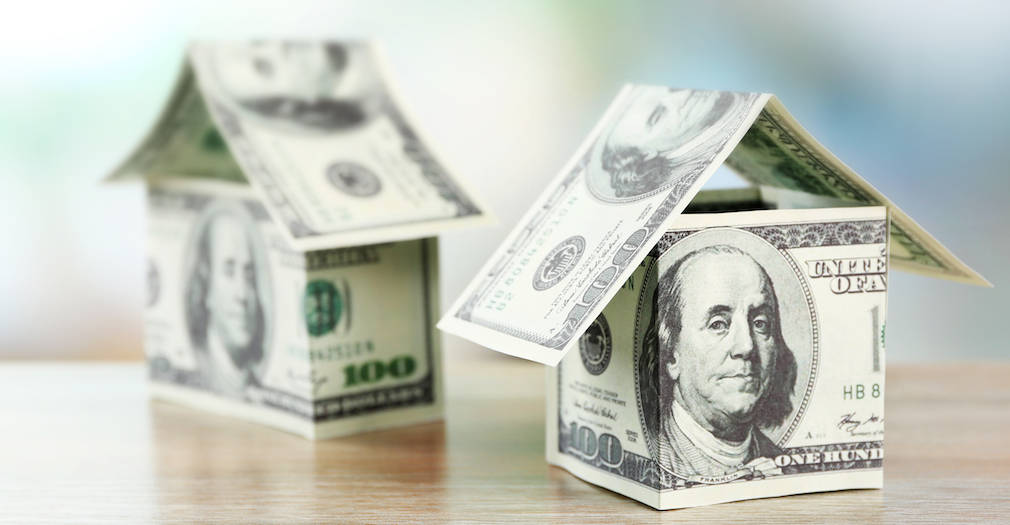Consumer confidence fell slightly in September, and the labor market is getting worse across the U.S., according to the Consumer Confidence Survey conducted by The Conference Board by Nielsen, a provider of information and analytics around what consumers buy and watch.
The Consumer Confidence Index decreased to 119.8 in September, down from 120,4 in August. The Present Situation Index decreased slightly from 148.4 to 146.1, but was partially offset by an increase in the Expectations Index, which from 101.7 to 102.2 during the same time period.
In 1985, the index was set to 100, representing the index's benchmark. This value is adjusted monthly based on results of a household survey of consumers' opinions on current conditions and future economic expectations. Opinions on current conditions make up 40% of the index, while expectations of future conditions make up 60%.
“Consumer confidence decreased slightly in September after a marginal improvement in August,” said Lynn Franco, The Conference Board director of economic indicators. “Confidence in Texas and Florida, however, decreased considerably, as these two states were the most severely impacted by Hurricanes Harvey and Irma.”
“Despite the slight downtick in confidence, consumers’ assessment of current conditions remains quite favorable and their expectations for the short-term suggest the economy will continue expanding at its current pace.”
Another measure of consumer confidence, the Survey of Consumers conducted by the University of Michigan, also blamed the hurricanes for the fall in optimism during the first half of September.
And consumers aren’t the only ones concerned. The National Association of Home Builders and Wells Fargo Housing Market Index shows homebuilders are growing increasingly concerned about the labor shortage and cost of materials following the hurricanes.
But whatever the cause for the dip in optimism, less Americans are saying business conditions are good, from 34.5% to 33.9%, and more are even beginning to say business conditions are bad, up from 13.2% to 13.8%. They are also more pessimistic about the labor market as those saying jobs are plentiful dropped from 34.4% to 32.6%, but those saying jobs are hard to get decreased slightly from18.4% to 18.1%.
And yet, even as Americans say there are less jobs available, employment continues to increase. Nonfarm payroll employment in August increased in 326 metropolitan areas over the year, decreased in 55, and remained unchanged in seven, according to the Bureau of Labor Statistics.
One expert pointed out the low unemployment rate is the reason why the index remains at historically high levels.
“The index is weighted heavily towards job availability, and given the low unemployment rate and low jobless claims, Americans are feeling confident they'll have a job,” said Robert Frick, Navy Federal Credit Union corporate economist.
The outlook for the short-term was more positive in September as the percentage of those expecting business conditions to improve over the next six months rose slightly from 19.8% to 20.2%. However, those who expect business conditions to worsen also increased from 8% to 9.9%.
But Americans do expect the labor market to improve, as those expecting more jobs in the months ahead increased from 16.8% to 19.5%. Those expecting few jobs increased slightly from 13.2% to 13.5% in September. As far as income goes, Americans expecting a raise increased from 19.9% to 20.5%, while those expecting to see their income decrease remained steady at 8.3%.
But while confidence in the labor market and even the future of the economy continues to fall, consumers continue to remain positive in their outlook toward housing. A recent survey from the National Association of Realtors showed those who said it’s a good time to buy increased to 62%, and those answering now is a good time to sell increased to 80%, a new survey high.






